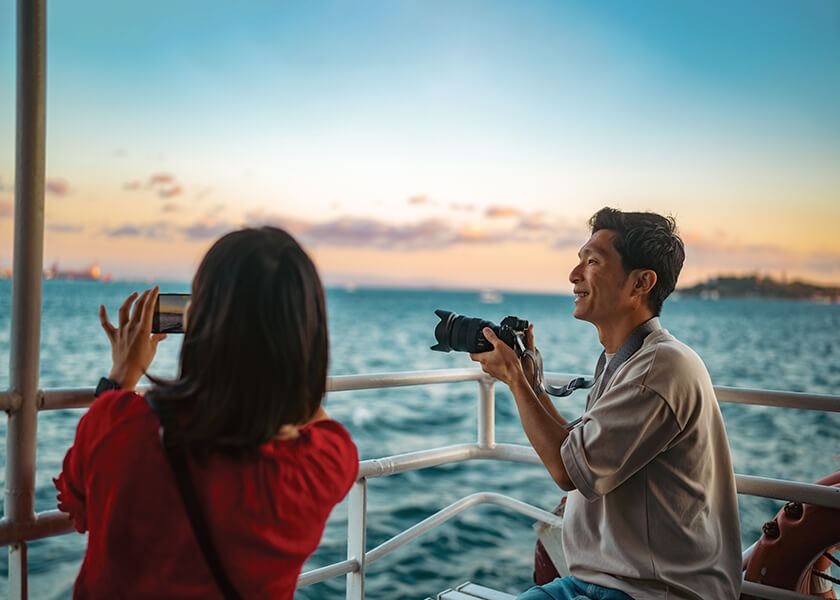SHOP, DINE IN DOWNTOWN PALM DESERT
Palm Desert’s El Paseo is a mile-long destination where window shopping is as delightful as the purchases themselves.

Access Your App on the Go
There’s nothing quite like the convenience of managing your account online. The Marriott Vacation Club® app for Apple and Android devices is an updated and…
Iconic Asheville
Tucked between the Blue Ridge and the Great Smoky Mountains, Asheville, North Carolina, is known for its award-winning restaurants, thriving artisan community, and breathtaking natural…

Surfers Paradise: Nature’s Bounty
The name Surfers Paradise conjures images of beachgoers riding the remarkable waves along Australia's Gold Coast. But it’s not all surfboards and sands. For lovers…

The Top 8 Annual Events in Phoenix
With more than 300 days of sun, over 200 golf courses, and some of the best spas in the country, Phoenix is known for fun,…

Cruising with Club Points Pointers
There’s no vacation quite like a cruise. From the practically all-you-can-eat food and all-you-can-do activities to the exotic locations and ocean views, a cruise isn’t…

Shop, Dine in Downtown Palm Desert
Often called the Rodeo Drive of the Desert, Palm Desert’s El Paseo is a mile-long destination in the heart of the Coachella Valley with manicured…

Cheers to 40 Years
What do you get when a hospitality company known for hotels decides to add its name to a whole new way to vacation? You get…


